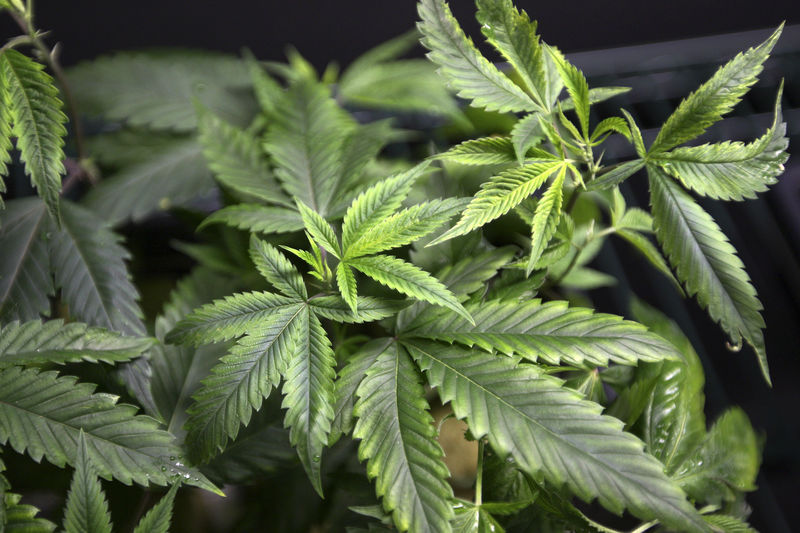Proactive Investors - Cannabis multi-state operators (MSOs) reported stronger-than-expected earnings for the quarter ending in September boosted by the launch of Maryland’s recreational market on July 1 and amid increased optimism around the rescheduling of marijuana as a lower-risk drug in the United States.
“This quarter, we had more operators, not just showing stronger results but stronger results relative to analysts’ expectations,” Water Tower Research analysts highlighted in a note to clients.
The analysts wrote that before this, there was a prolonged period where estimates were too high which led to a string of disappointing earnings season here results were soft and below consensus.
“This has been changing as (most) operators have been printing stronger results and the analyst community has been more conservative,” they wrote.
This quarter, the top 10 United States beat revenue expectations by 0.29% and adjusted earnings before interest, taxes, depreciation and amortization (EBITDA) by 6.35%, the analysts wrote.
The top five operators, Tier 1 operators, beat revenue expectations by 4.66% and adjusted EBITDA by 11.98%.
“The bigger beats by Tier 1s may reflect the benefits of scale, cleaner balance sheets, more exposure to Maryland, and management teams that are better at setting expectations,” they wrote.
The analysts wrote that Maryland’s adult-use market launch was also a significant factor during the quarter, with the state the biggest new market in 2022 following New Jersey in 2022.
“US cannabis is a state-led growth story with a series of hard-to-time political catalysts,” they wrote.
“New states are what drive topline revenue and expand the total addressable market. New states also expedite normalization and put pressure on the federal government to resolve antiquated policies that put federal and state laws in conflict.”
Another common theme from the quarter was optimism around the rescheduling of marijuana from a Schedule I to Schedule III drug, the Water Tower Research analysts pointed out.
On August 29, the U.S. Department of Health and Human Services (HHS) recommended cannabis be rescheduled to Schedule III with the Drug Enforcement Administration (DEA) now carrying out an analysis before proposing a ruling.
The analysts noted that historically the average number of days from the HHS response to the DEA ruling has been 110 days, which would be December 17.
“This quarter, multiple CEOs expressed confidence regarding a Schedule III ruling by the end of the year,” the analysts wrote.
“Getting to Schedule III or less is the single-biggest cannabis industry catalyst. It removes the 280E tax burden, opens the investor base, and expands the potential for proper medical research into the benefits of this magical plant.”
